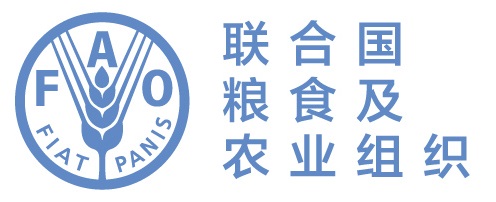Detection of the Asian strain of bacterial canker of kiwifruit in Victoria, Australia
- old revision
- Publication Date
- Tue, 30 Jun 2015, 06:19
- 最后更新与
- June 30, 2015, 6:19 a.m.
- Report Number
- AUS-45/3
- 国家
- Australia
- Pest Id
- Pseudomonas syringae pv. actinidiae - (PSDMAK)
- Report Status
- Final
- Hosts
- Actinidia species: A. deliciosa, A. chinensis, A. arguta, and A. kolomikta
- Pest Status (old values from ISPM 8 -1998 )
-
- Present: only in some areas
- Pest Status (ISPM 8 - 2021)
-
- Present: not widely distributed and under official control
- Geographical Distribution
- The pathogen has been detected on two properties in south-east Victoria
- 摘要
Data is lacking on the epidemiology of the disease. It has been observed that the pathogen is active between 10-20 deg;C and is limited by temperatures above 25deg C. Inoculation studies showed that the bacterium can infect the plant through natural apertures (stomata, lenticels) and wounds. Symptoms are usually expressed during spring and autumn when climatic conditions are favourable to the disease (cool temperatures, persistent rains, high humidity). It is suspected that the bacterium is spread by heavy rainfall, strong winds, animals and humans. Over long distances, trade of infected planting material can spread the disease
- Danger
- Bacterial canker of kiwifruit, caused by Pseudomonas syringae pv. Actinidiae, has been detected on two properties in SE Victoria. It was detected during surveillance following detections in New Zealand during late 2010. The growers indicated that the disease symptoms had been present for a number of years, but it was thought to be Pseudomonas viridaflava, which is endemic in Australia. There has been no loss of vines or production. Two strains of Psa are recognised, commonly referred to as the 'Italian' and 'Asian' strains. The results of specific PCR testing and DNA sequence analysis have confirmed the identity of the Australian isolates as Pseudomonas syringae pv. Actinidiae (bacterial canker) Psa 2 haplotype, also known as the 'Asian' strain. This strain is a 'mild' strain. Recent diagnostics have also confirmed a stored sample from a survey conducted in Western Australia in 1992 to be the same strain as the recent detections - Psa 2 haplotype.
- Contact for info
- Chief Plant Protection Officer Australian Government Department of Agriculture, Fisheries and Forestry GPO Box 858 Canberra ACT 2601 Australia [email protected]
- Report files
- 网站
- Issue keywords
- Pest status:Present/Presence
- Commodity keywords

